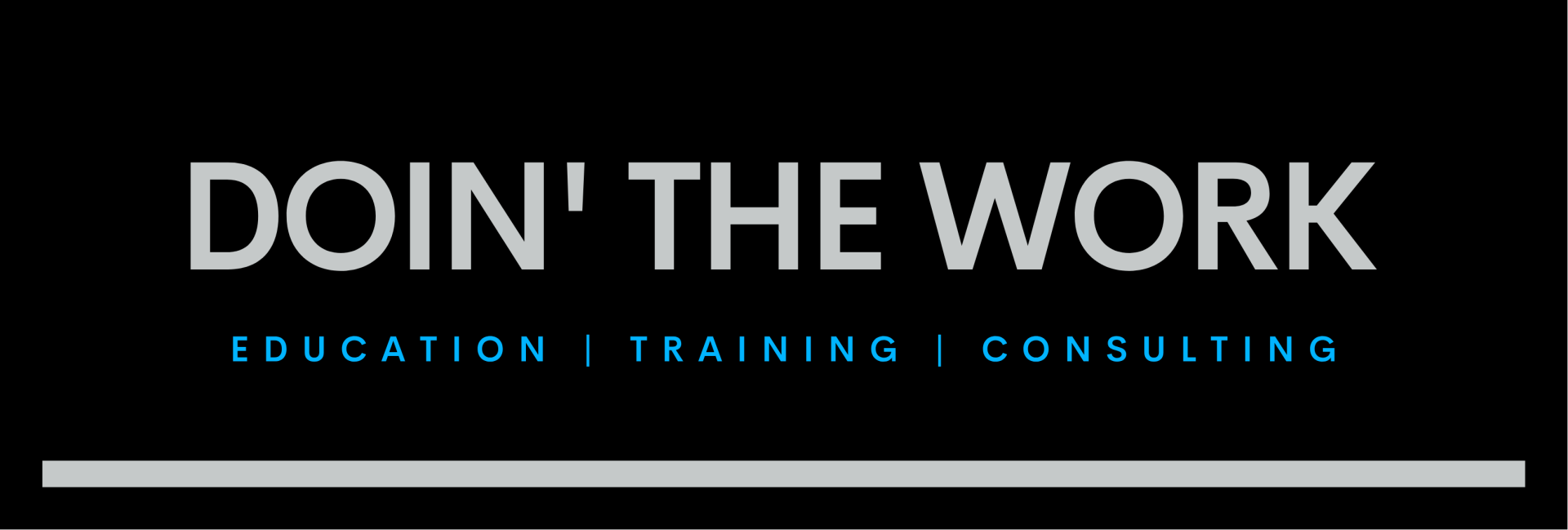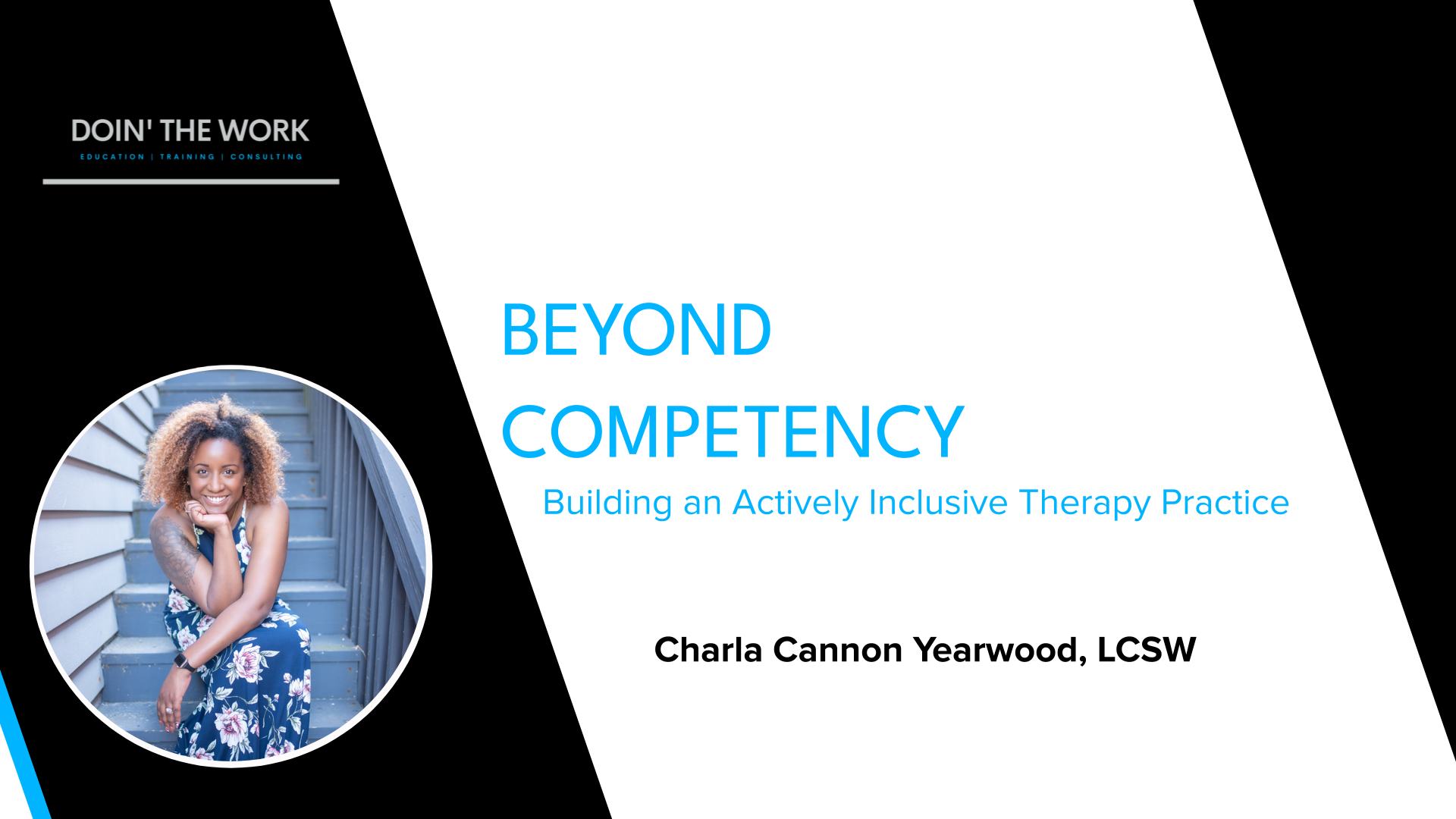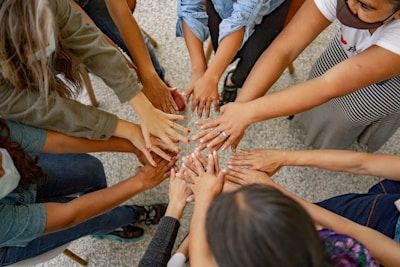Inclusive, Anti-Oppressive
Education & Training
Build Skills That Support Liberation and Lasting Impact
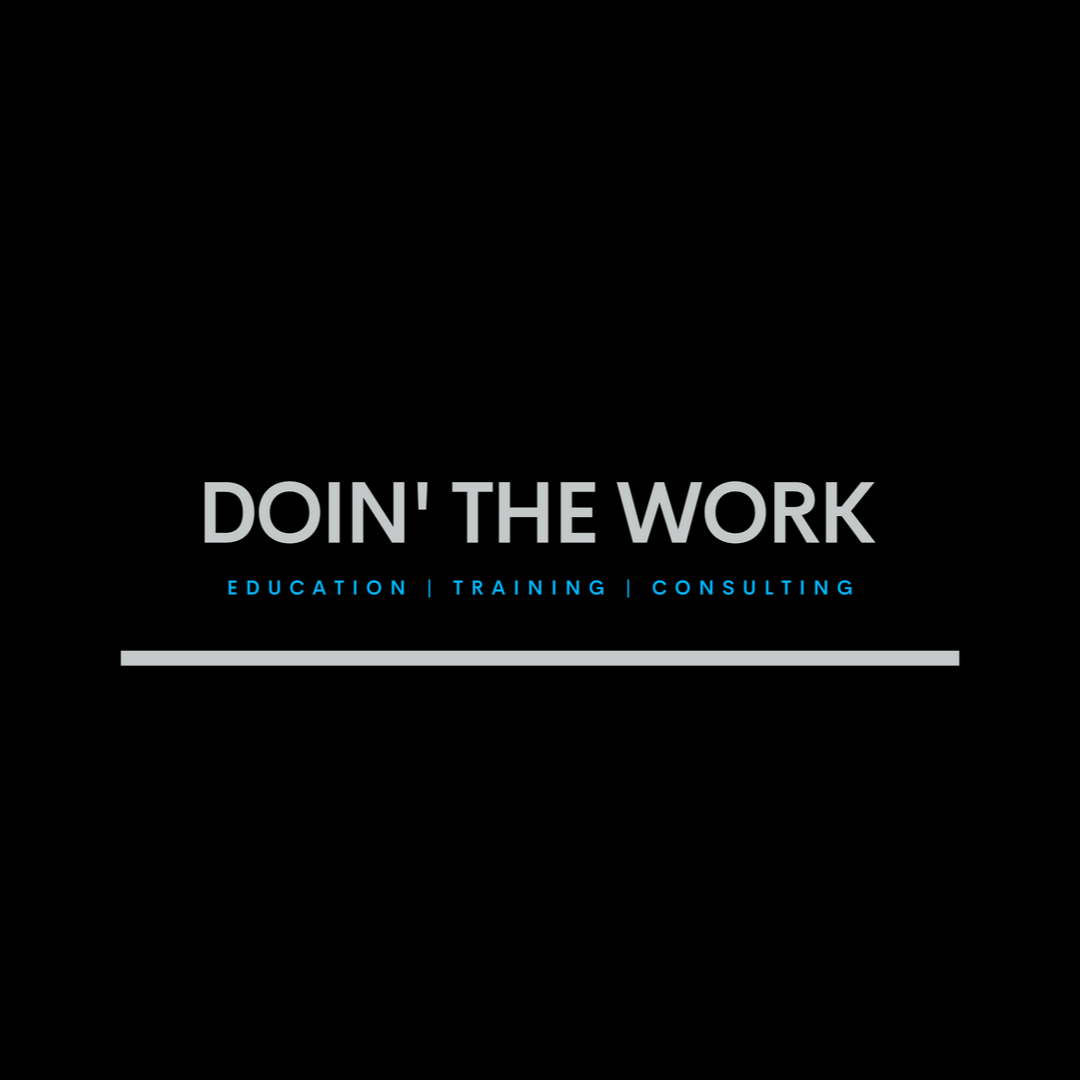
Learn With Us
Traditional approaches reinforce the status quo.
At Doin’ The Work, we’re doin’ something different.
What People Are Saying
“This is the CEU we all need! Charla and Shimon are excellent facilitators of difficult conversations about racism, whiteness, white supremacy, privilege and oppression and the impact on social work practice. This course allowed me to examine my White identity, further develop my critical pedagogy and deepen my understanding of these topics. The course materials and discussion sparked deep reflection and immediate action. Every social worker should take this course!”
Kim R.
Participant
“I had the opportunity to experience dynamic learning with Shimon and Charla through this learning package! The content and points of reflection & discussion were literally life-changing! I literally learned so much more in this course than I did when being exposed to American & Social Work history in my university experience. Shimon and Charla offer accessible, relevant, ENGAGING content that centers the lived experiences of marginalized identities whilst providing practical tools on how to engage in social justice, resistance & liberation in daily Social Work practice. If you have the opportunity to engage with these courses, I would highly recommend it to you. Being able to learn from Shimon and Charla has forced me to explore and commit to concrete ways of living that authentically reflect activism, scholarship & solidarity in my community. As a result of this course, I have made the decision to join the National Association of Black Social Workers and to earn a PhD in Social Work to foster my involvement in Black liberation & social justice. Join me in learning.”
Kelley H., LMSW
Clinician & Professor
"I wish everyone in social work could take these classes. It has been a transformative experience for me, and it is impacting how I show up in my own job at my School of Social Work, my own clinical practice, in my community in terms of increasing my involvement in community action, and in my own personal life.”
Ann H., LCSW
professor
Our Courses
Earn continuing education credits while learning from practitioners who are engaging in culturally affirming, client-centered practice while actively challenging systems of oppression. Our CE courses are designed for social workers, therapists, counselors, educators advocates, and human service professionals who want practical tools, deep insight, and real-world strategies to support inclusive, equity-focused, anti-oppressive work.
Listen to our podcast interviews with people who are Doin’ The Work
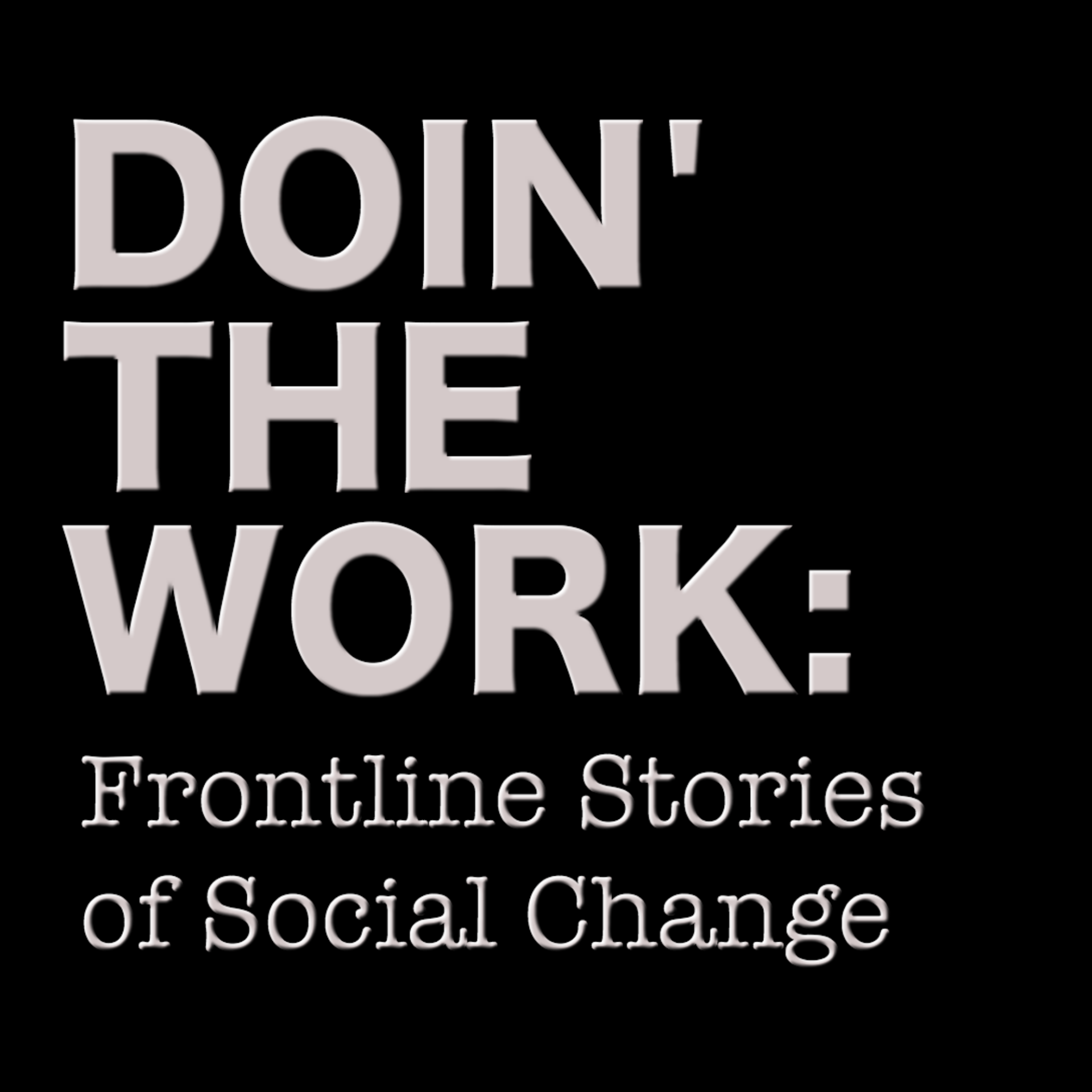
Get Connected. Join The Community.
You'll also be the first to know about new CE opportunities, podcast episodes, and tools to support your practice.
